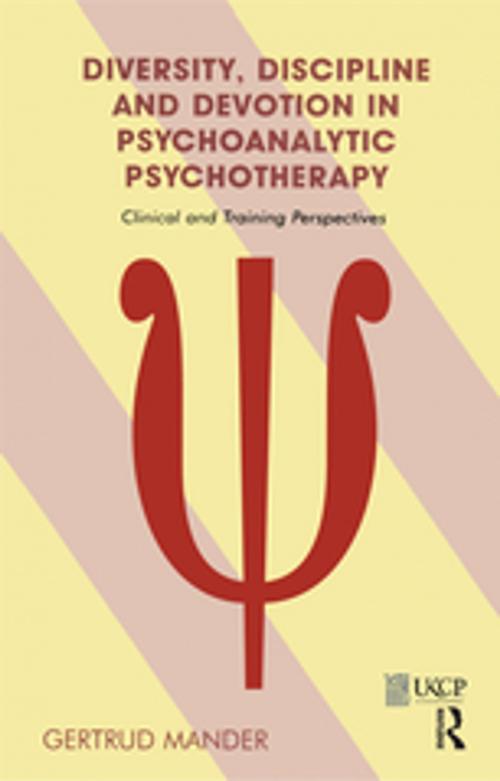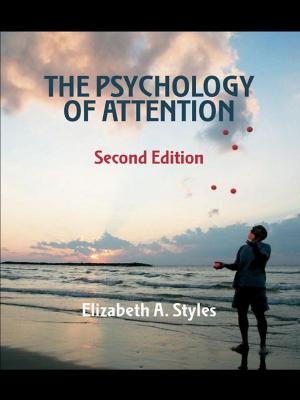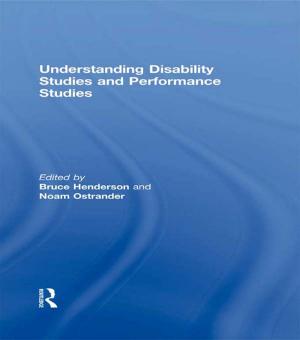Diversity, Discipline and Devotion in Psychoanalytic Psychotherapy
Clinical and Training Perspectives
Nonfiction, Health & Well Being, Psychology, Mental Health| Author: | Gertrud Mander | ISBN: | 9780429912832 |
| Publisher: | Taylor and Francis | Publication: | April 17, 2018 |
| Imprint: | Routledge | Language: | English |
| Author: | Gertrud Mander |
| ISBN: | 9780429912832 |
| Publisher: | Taylor and Francis |
| Publication: | April 17, 2018 |
| Imprint: | Routledge |
| Language: | English |
This book is a selection of papers written over 25 years of practising psychoanalytic psychotherapy, of training and supervising psychotherapists, psychodynamic counsellors and supervisors. It reflects a preoccupation with the growth and diversification of counselling and psychotherapy, with the imperatives of training, supervision and regulation, and with the significant changes in the profession due to the invention of brief, time-limited, intermittent and recurrent psychotherapy. An overall theme is the conviction that what patients and therapists share is vulnerability, and that the therapist is a 'wounded healer', whose reparative tendency informs his professional choice, his therapeutic empathy and his capacity to bear the rigours of therapeutic work. Thus an unconscious connection between the helper and the helped is the driving force of every therapeutic relationship, for better and for worse. Its responsible management requires thorough training, ongoing supervision and a firm frame in order to contain the powerful forces operating when two strangers meet for the purpose of therapy.
This book is a selection of papers written over 25 years of practising psychoanalytic psychotherapy, of training and supervising psychotherapists, psychodynamic counsellors and supervisors. It reflects a preoccupation with the growth and diversification of counselling and psychotherapy, with the imperatives of training, supervision and regulation, and with the significant changes in the profession due to the invention of brief, time-limited, intermittent and recurrent psychotherapy. An overall theme is the conviction that what patients and therapists share is vulnerability, and that the therapist is a 'wounded healer', whose reparative tendency informs his professional choice, his therapeutic empathy and his capacity to bear the rigours of therapeutic work. Thus an unconscious connection between the helper and the helped is the driving force of every therapeutic relationship, for better and for worse. Its responsible management requires thorough training, ongoing supervision and a firm frame in order to contain the powerful forces operating when two strangers meet for the purpose of therapy.















